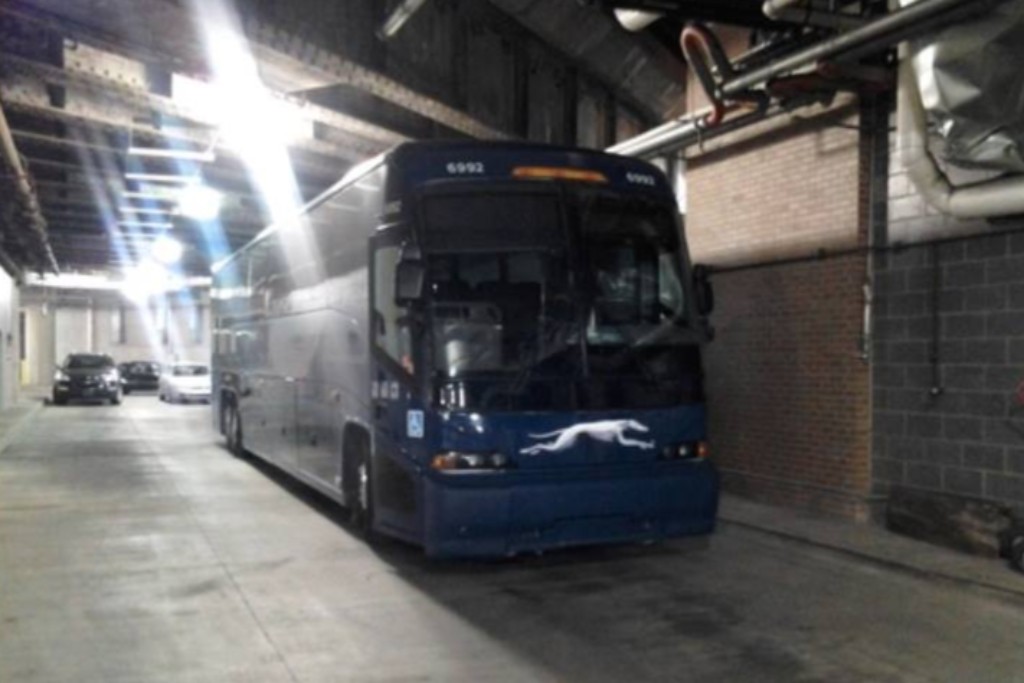D.C. Attorney General Karl A. Racine has filed a lawsuit against the Texas-based inter-city bus carrier Greyhound Lines Inc. for keeping its buses idle at Union Station for longer than legally permitted and polluting the air in violation of the District’s environmental laws.
In a statement on Tuesday, the Office of the Attorney General (OAG) explained that the lawsuit was the outcome of a joint investigation between the OAG and the Department of Energy and Environment (DOEE).
The investigation found that “50 Greyhound buses parked, stopped, or standing at Union Station with their engines running for longer than the three-minute legal limit, many for more than 20 minutes.”
Racine’s lawsuit is aiming to make the company pay at least $216,000 in penalties, in addition to reimbursement for the costs of the investigation.
“Air pollution harms the health of thousands of people who live in, work in, and visit the District of Columbia—especially children, the elderly, and communities of color,” said Racine in the statement.
“We’re working with DOEE [District Department of Energy and Environment] to crack down on companies that violate the District’s environmental laws—like Greyhound—and to protect vulnerable residents who are most at risk to the harms of pollution.”
Greyhound buses transport approximately 16 million passengers every year and acts as a major source of vehicle exhaust, which is the biggest cause of air pollution in the District, contributing to asthma, heart disease, and lung damage, as well as global warming.
“We take the air quality of our city very seriously,” DOEE Director Tommy Wells was quoted as saying in the statement. “Respiratory issues disproportionately affect children, seniors and low-income residents. That’s why Mayor Muriel Bowser has made it a priority to enforce our anti-idling laws in the District.”
D.C. law does not permit vehicles to run their engines for longer than three minutes while they are parked, stopped, or standing. Fines for idling violations start from $500 for the first offense, $1,000 for the second offense, $2,000 for the third offense, and $4,000 for the fourth and subsequent offenses.
The anti-idling law regulates the use of commercial vehicles and does not apply to regular passenger cars.

